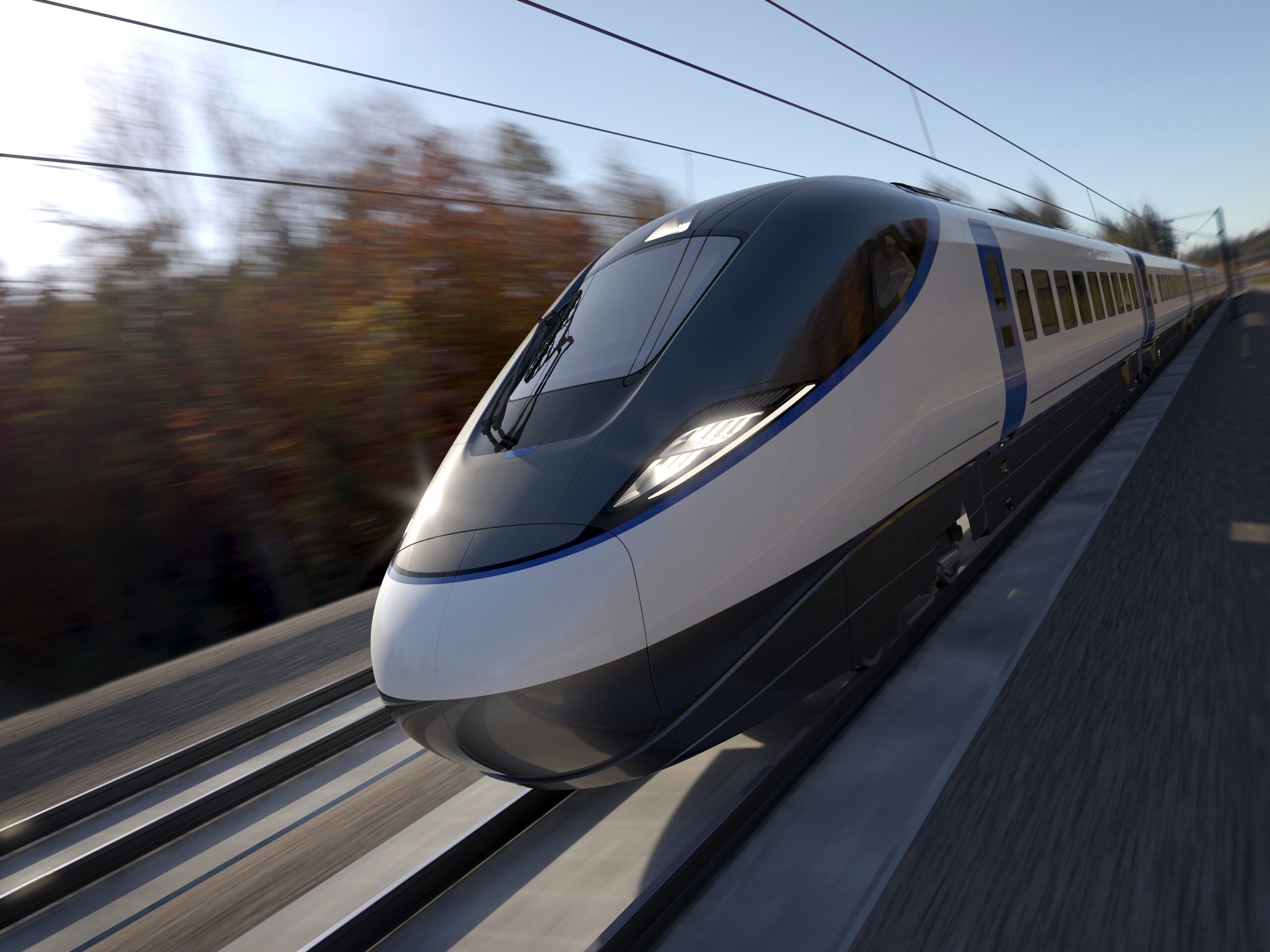HS2 Ltd has provided insight into how the delivery of its high-speed rail network between London and Birmingham will advance throughout 2024.
Although much progress was made on the construction of HS2 Phase 1 in 2023, including work on the Old Oak Common hub, bridges, viaducts and tunnels, the year was arguably a disappointment for the overall project. Most notably, this was due to the cancellation of Phase 2, meaning the line will no longer be extended to Manchester.However, to ensure the first phase is a success, HS2 Ltd has announced that in 2024, it will let around 5 billion GBP worth of contracts to build the railway’s tracks, power systems, signalling, overhead lines and new network control centre.
This marks a key turning point for the project in which a working railway will start to be brought to life, surpassing the existing focus on civil engineering.

Once it becomes operational between 2029 and 2033, HS2 will almost halve the journey time between London Euston and Birmingham and will free up space on the southern section of the West Coast Main Line
© Hitachi Rail
Early this year, HS2 is expected to meet a series of construction milestones, such as the formal start of work on the new Curzon Street high-speed station in central Birmingham and the breakthrough of the first tunnel boring machine (TBM) in the Chilterns twin tunnels.
During the year, HS2 Ltd is also planning to award eleven contracts, which are already out for tender.
This includes three contracts for the design, logistics and installation of the track system, alongside the maintenance depot at Calvert in Buckinghamshire.
In addition, one of the contracts will cover the in-cab signalling system that will allow for faster and more frequent services.
A further contract will be awarded for the high-voltage power system used by the line. This will deliver zero-carbon electricity from the National Grid.
A winning bidder will also be selected to construct HS2’s Washwood Heath control centre and rolling stock depot in Birmingham.





